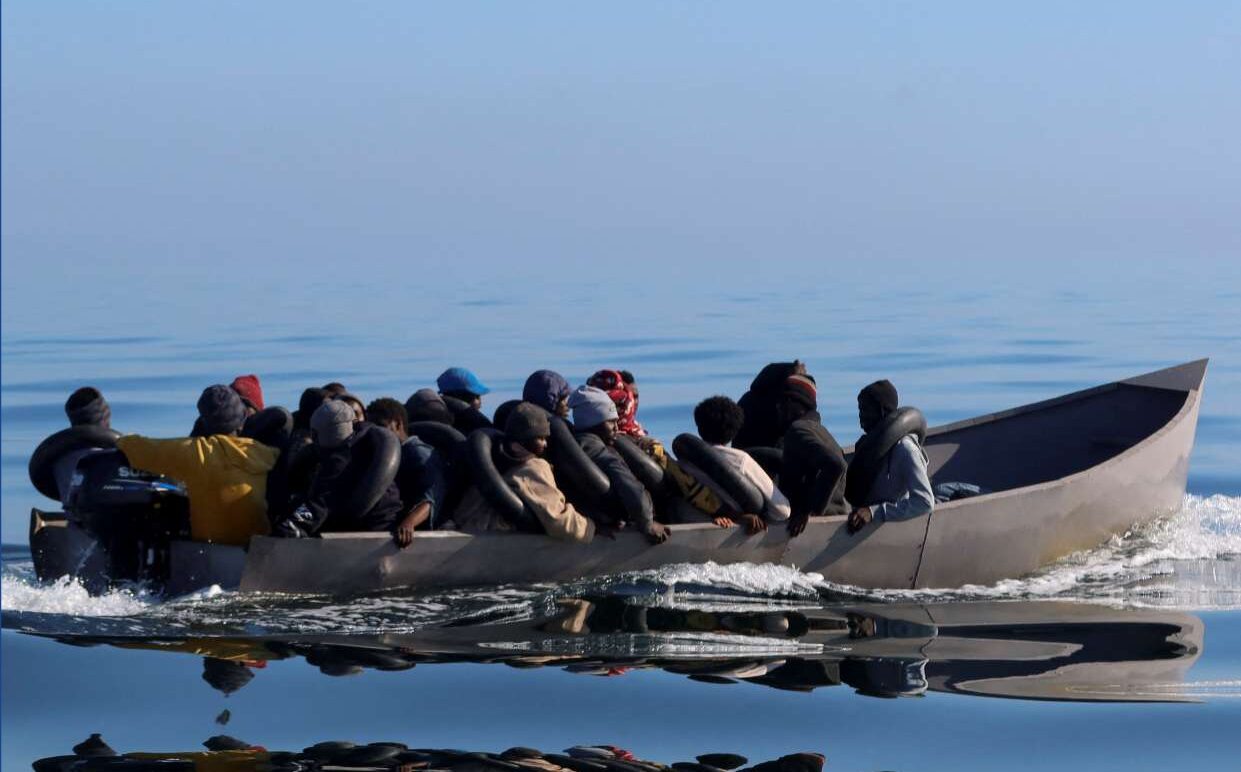Today, on International Migrants Day, the International Commission of Jurists (ICJ) published a briefing paper calling on the Tunisian authorities to immediately halt all collective expulsions and inhuman treatment of refugees, asylum-seekers and migrants. The ICJ also calls on the European Union (EU) and its Member States to immediately amend the “Memorandum of Understanding on a Strategic and Global Partnership” (MoU) with Tunisia to ensure that it robustly safeguards the human rights of refugees, asylum-seekers and migrants.
On 23 July 2023, the EU signed the MoU with Tunisia with the aim of stemming the flow of “irregular” arrivals to Europe from Tunisia. Since then, the Tunisian authorities carried out the collective and forcible expulsion of Black African refugees, asylum-seekers and migrants on at least three occasions, including by abandoning men, women and children at the Libyan and Algerian borders without adequate food or water in violation of the principle of non-refoulement and the absolute prohibition on collective expulsions under international law. Reports also emerged of EU-funded Tunisian security forces allegedly perpetrating rape and sexual assault against women refugees, asylum seekers and migrants on a wide scale.
“Instead of condoning Tunisia’s serious violation of the human rights of refugees, asylum-seekers and migrants, the EU and its Member States must review their partnerships with Tunisia and end their callous disregard for basic human rights standards,” said Saïd Benarbia, ICJ Middle East and North Africa Programme Director.
In the context of the collective expulsions that took place between July 2023 and May 2024, the Tunisian authorities assaulted and arbitrarily arrested and detained refugees, asylum-seekers and migrants. Staff working at migrant rights organizations have also been subjected to arbitrary detentions and prosecutions as a result of carrying out their legitimate work.
In the briefing paper, the ICJ analyzes Tunisia’s legal framework and practices on the rights of refugees, asylum seekers and migrants in light of international law and Tunisia’s commitments under the MoU, and details how Tunisia has systematically failed to meet its international human rights obligations to guarantee refugees, asylum-seekers and migrants’ rights, including to freedom from torture or other cruel inhuman or degrading treatment or punishment, from arbitrary arrest and detention, and from discrimination.
Contact
Saïd Benarbia, Director, ICJ Middle East and North Africa Programme; t: +41 22 979 3800, e: said.benarbia(a)icj.org
Nour Al Hajj, Communications & Advocacy Officer, ICJ Middle East and North Africa Programme, e: nour.alhajj(a)icj.org
Download
Download ICJ briefing paper in English here.





